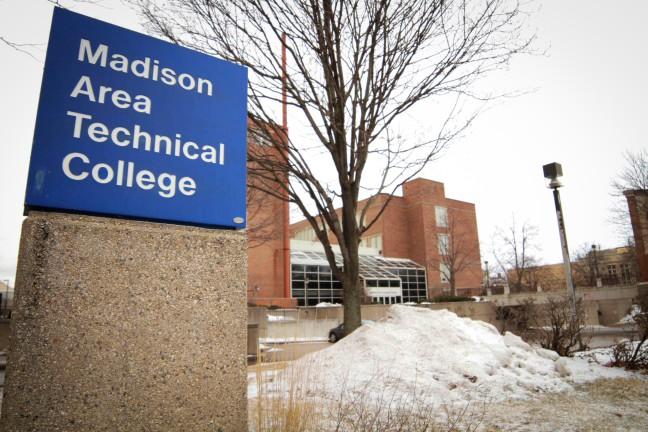When President Barack Obama proposed free community college Jan. 8, he set forth a bold vision for the future of American education. In stark contrast with the usual headlines about declining state support for public institutions, or increasing homelessness among college students, free community college for two years is a proposal that can inspire progress on an issue that has stagnated in recent years.
To avoid confusion, I do want to be clear that when I say “free” community college, I really mean tax-supported community college. Like your Associated Students of Madison bus passes or gym memberships, “free” is not really free. That being said, there’s a lot to like about the proposal.
Opponents swiftly decried the president’s proposal as based in fantasy instead of reality. As expected, conservatives lambasted the proposal as too expensive or unnecessary. Despite the fact that research and data simply do not support most of the arguments against this proposal, there is some merit to a few general criticisms.
Funding is hard to come by in a tax-resistant country, and higher education is not a magical cure-all that clears all social ills. Even with free community college, we surely have many miles to go toward achieving real equity. However, we should not hold out on this bold solution in the hopes that such a remedy will appear.
Free community college is simply the next step for education in the United States. This latest proposal is for 2015 what tax-supported high school was to 1915 — controversial, but transformative. Prior to 1910, only 10 percent of the population attended high school. High schools underwent a transition from college preparatory institutions to a place to acquire the skills to succeed in a new economy which required different skills than the previous generations. This transition, along with various child labor restrictions in the early 1900s, caused a tremendous increase in the number of high school graduates and contributed to America’s surging economy in the early 20th century.
In Wisconsin, free community college should be a bipartisan idea. I wrote earlier last semester about how Wisconsin Republicans should support a “Wisconsin Promise” of free community college.
Republicans should make ‘The Wisconsin Promise’ a reality for students
In short, legislative Republicans have talked for years about getting more students into vocational and technical schools as a means of getting more educated workers into Wisconsin’s workforce. This proposal is a great way to accomplish one of the core tenets of the conservative education plan while showing some bipartisanship. If you are looking for education initiatives to work together on, it won’t get much better than this.
For Madison specifically, this seems like a winning proposal. In a city of “two Madisons” as described by mayoral candidate Ald. Scott Resnick, District 8, it is important to increase access to higher education for marginalized communities to help turn the two Madisons into one. Free community college would go a long way in realizing these goals.
Certainly, there are details to be worked out. How we pay for both tuition and the infrastructure to ensure that there are adequate resources for the flood of new community college students are key components that need to be solved. However, questions about funding should not derail the discussion of the idea.
Even with the traditional, but questionable Walker “Cut-taxes-in-the-face-of-a-budget-deficit strategy,” we could find funds to cover Wisconsin’s 25 percent contribution to the proposal. Budgeting is a matter of expressing priorities and this is something I think many legislators could prioritize.
But the key here is not in the details. Free community college is important, not because of the nitty gritty details, but because it sets up the framework for debate. The president may not have free community college passed in his term — in fact, it likely won’t come to the floor in either house — but the debate is now around how to get to free community college that is not stuck in the muck of subsidized federal loans or micromanaged research.
Big ideas lead to big results. I applaud Obama for setting the stage for a major economic progression. Now, I challenge leaders at the state level to take this proposal and find a way to make it work for Wisconsin. We have historically been a leader in education innovation, and we can do so again.
Adam Johnson ([email protected]) is a Master’s candidate at the La Follette School of Public Affairs.














